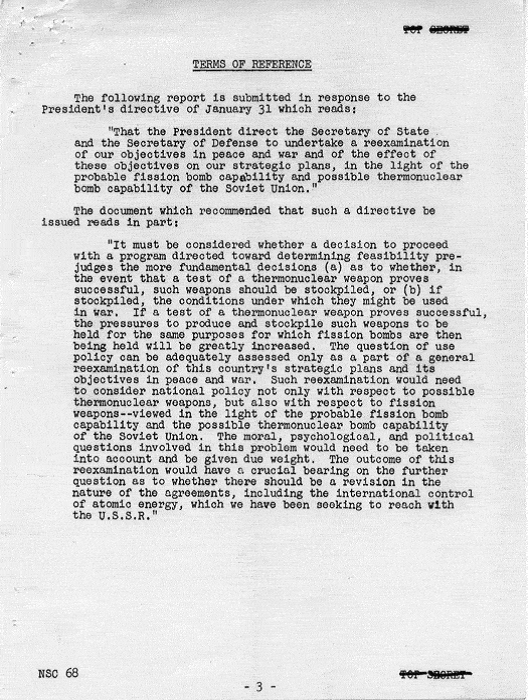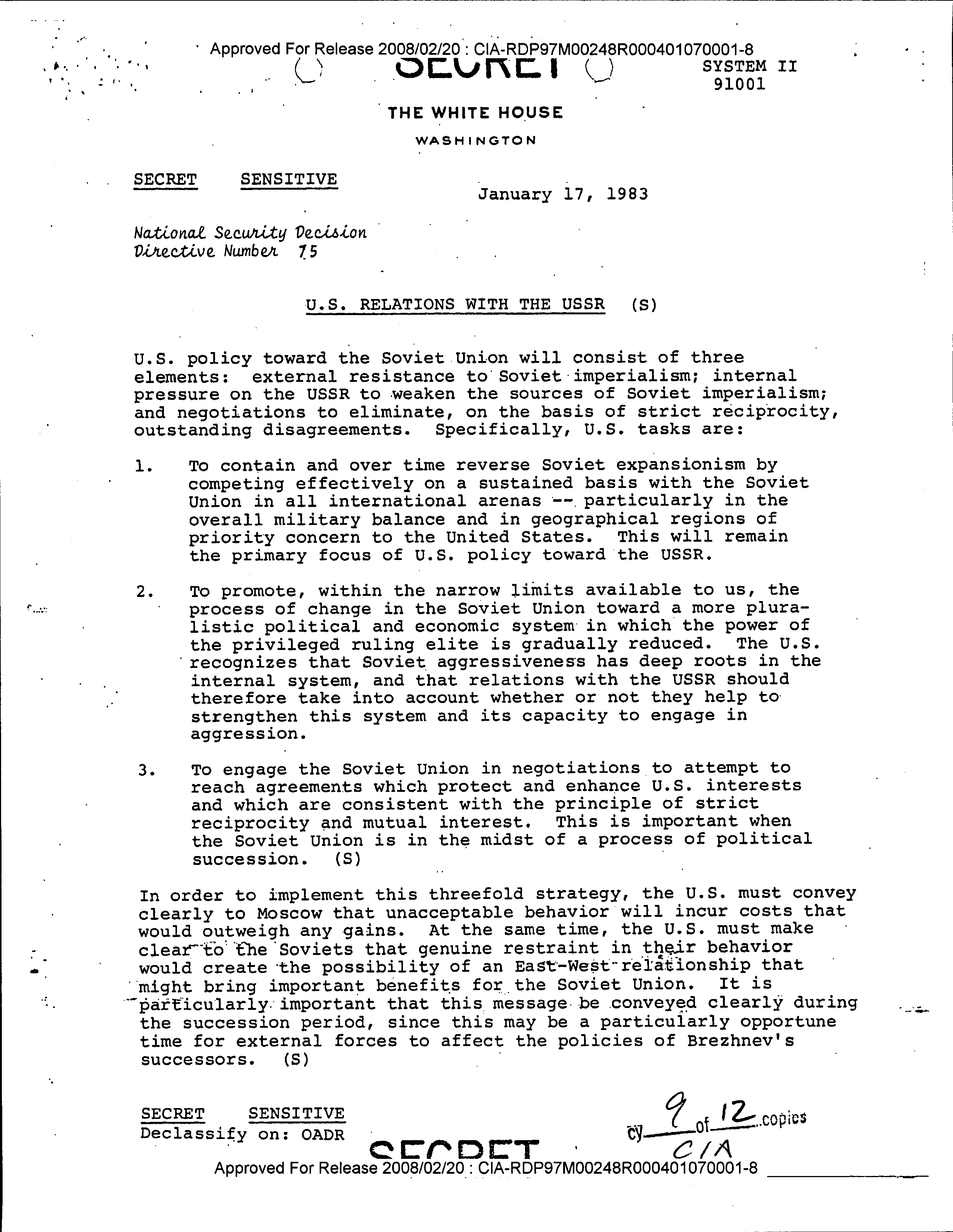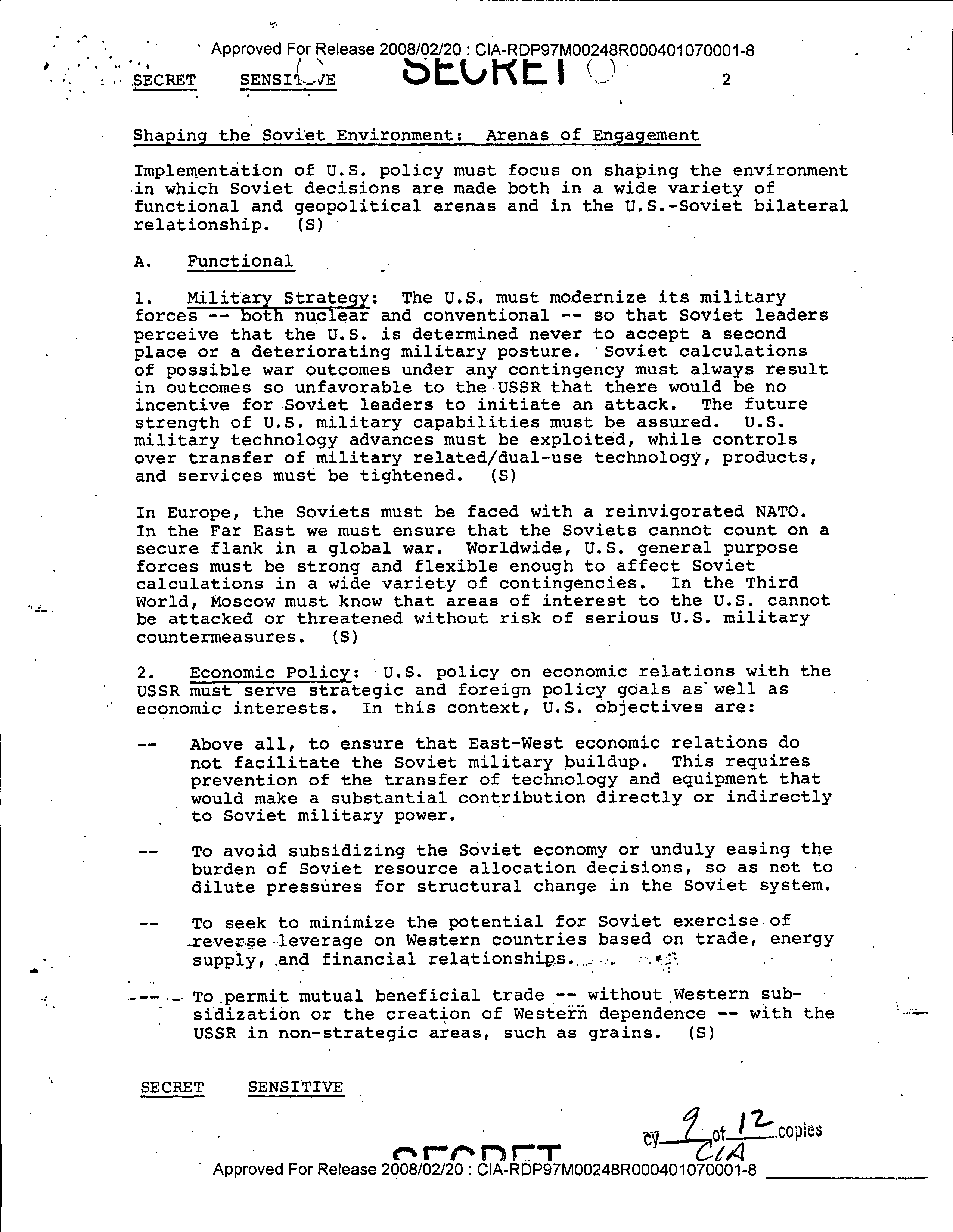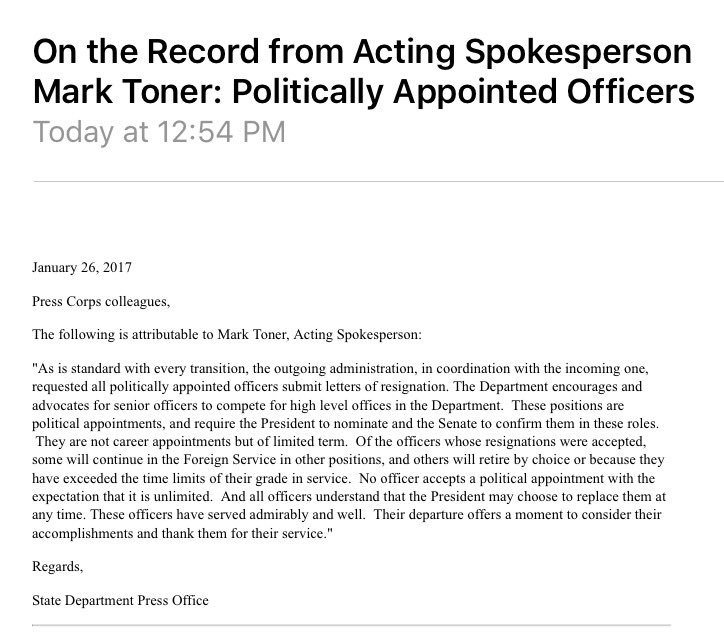The British Prime Minister often turned to the example of President Ronald Reagan and former Prime Minister Margaret Thatcher who worked together through the end of the Cold War. Their actions, she said, would be helpful when considering a relationship with Russia.
“When it comes to Russia, as so often it is wise to turn to the example of President Reagan who — during his negotiations with his opposite number Mikhail Gorbachev — used to abide by the adage ‘trust but verify.’ With President Putin, my advice is to ‘engage but beware,'” May said.
This comes down to the scheduled phone call between President Trump and Vladimir Putin on Saturday. Due to the take over of Crimea, the hostilities of Russia towards Ukraine and the failed peace talks regarding Syria coupled with supplying Iran with missile systems, Trump cannot lift the Russian sanctions.
When it comes to the Russian encroachment in the Arctic, it is completely under reported, that is a mistake and President Trump will soon need to address with Secretary of Defense Mattis.
The numbers don’t lie. In recent years, Russia unveiled a new Arctic command, four new Arctic brigade combat teams, 14 new operational airfields, 16 deepwater ports, and 40 icebreakers with an additional 11 in development. (The United States has one working icebreaker for the Arctic — it’s only other one is broken.) More here from Foreign Policy magazine.
Further there is the Russian military expansion in Syria.
The Russian armed forces have signed a 49 year lease with Syria for use of the port of Tartus for the Russian Navy and the air base at Hmeymim for the air force. The lease will have a 25 year automatic renewal feature if neither side objects. The agreements will ensure a permanent Russian presence in the Middle East for decades to come.
*** Further, with the genocide of innocent people in Aleppo at the hands of Bashir al Assad and Vladimir Putin, Russia has deployed Chechens to Aleppo for local policing.
Why Are Chechen Military Police Patrolling Aleppo? Ain al-Medina explains the reason Moscow sent non-Russian special forces to a foreign country as part of a special mission for the first time since the breakup of the Soviet Union. The Chechen police forces, which include about 400 soldiers, have deployed in some Aleppo districts, especially those with mixed demographics — Al-Midan, Bustan al-Pasha, Al-Hallak, Sheikh Khodr, Sheikh Maqsood, and in the area of the international Aleppo airport. More here.
There is no behavior by the current Moscow leadership that has altered any course of history going back to Truman or Reagan.
***
April 7, 1950, Cold War document crafted by President Truman as a presidential directive:

The page to the left is but one page of 72 page directive, of which the full document is found here.
If after reading in full context that is not enough for not lifting sanctions on Russia due to history versus contemporary actions….we can move on to the Reagan era. The text of President Reagan’s ‘Evil Empire’ speech.
January 17, 1983, President Reagan issued Directive #75.


You can read the full document here.
Anymore questions on why President Trump needs to stand stern on Russia? History does meet today.




 Rex Tillerson was there at Foggy Bottom getting a lay of the landscape, when the resignations turned in last week became effective today as there was a walk out. And YES, the most corrupt official at the State Department remaining after John Kerry left is
Rex Tillerson was there at Foggy Bottom getting a lay of the landscape, when the resignations turned in last week became effective today as there was a walk out. And YES, the most corrupt official at the State Department remaining after John Kerry left is